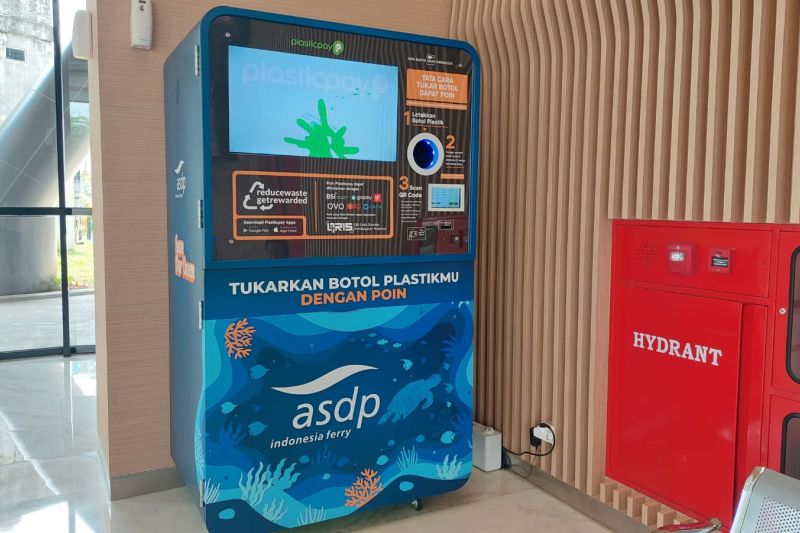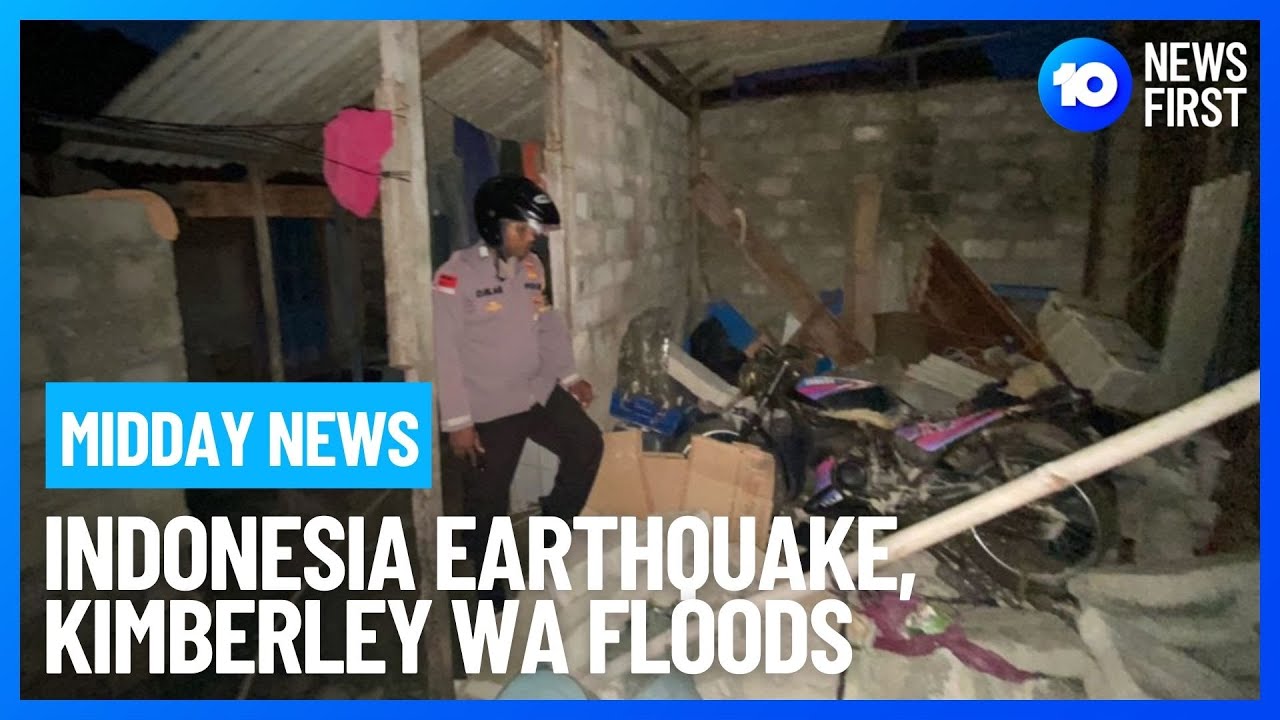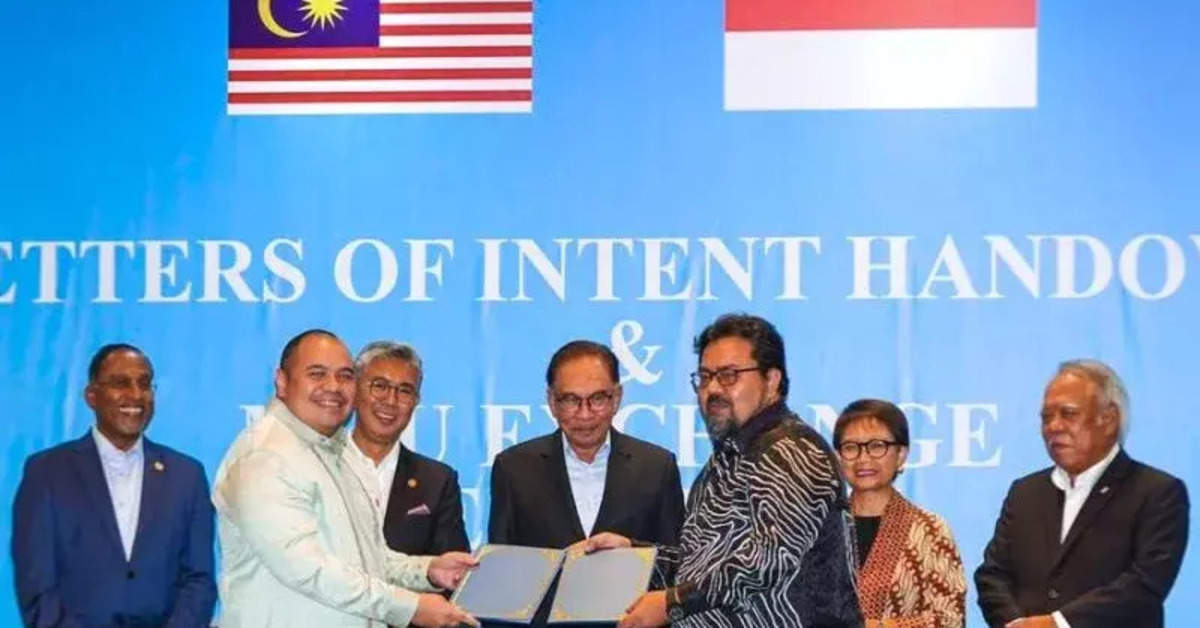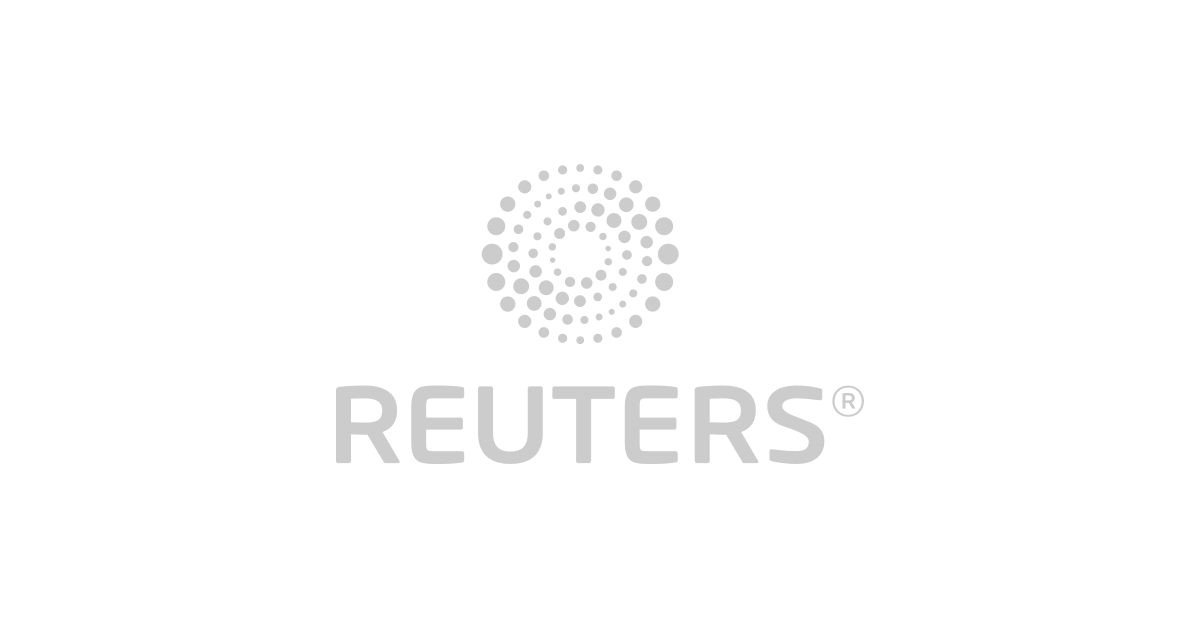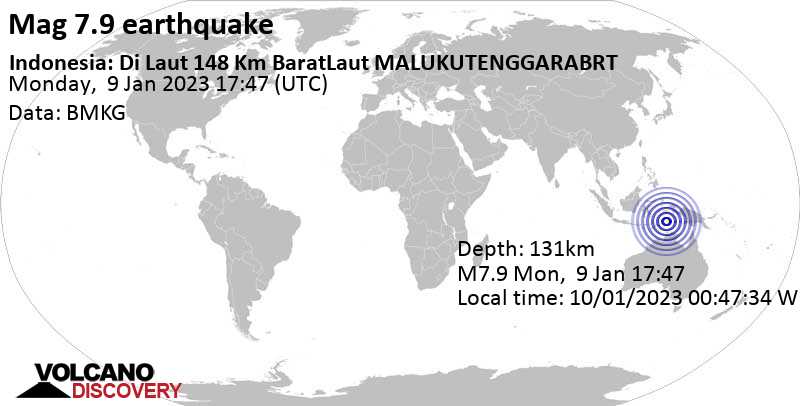In the future, we will ready more RVMs and drop boxes, thus more people can use them to help protect and preserve the environment.
Merak, Banten (ANTARA) – State-run PT ASDP Indonesia Ferry has demonstrated its commitment to reducing marine plastic waste by deploying reverse vending machines (RVMs) and drop boxes at several ports and its branch offices for collecting used plastic bottles.
The ferry operator has placed three RVMs—two in Jakarta and one in Merak, Banten province, corporate secretary of PT ASDP Indonesia Ferry, Shelvy Arifin, informed in a statement issued on Monday.
Through its Corporate Social and Environmental Responsibility (TJSL) program, which is themed “Save Our Ocean,” the company is hoping that marine ecosystems will not be disturbed by the irresponsible dumping of plastic waste by people.
The program also seeks to support the government’s efforts toward realizing Sustainable Development Goals (SDGs) Number 12, 13, and 14 concerning responsible consumption and production, climate action, and life below water, respectively.
Besides the RVMs, ASDP has installed waste recycling drop boxes at four locations in Greater Jakarta and Merak.
“In the future, we will ready more RVMs and drop boxes, thus more people can use them to help protect and preserve the environment,” Arifin said.
To operate the RVMs, ASDP is collaborating with a private party, PlasticPay.
Everyone can contribute to protecting the environment by donating their used plastic bottles to the RVMs, which is connected to the PlasticPay application, Arifin said.
“Everyone who puts their bottles (into the machines) will get points in their (respective) PlasticPay application, which can be collected and exchanged for digital money,” she informed.
In addition, the ferry operator is also implementing green shipping to help the government achieve net zero emissions (NZE) by 2060 or sooner.
“As a company which continues to grow and adapt to global needs, ASDP will keep striving to be a company that has a strong commitment to (developing) a sustainable environment, one of which is by increasing the implementation of green shipping across our fleet,” she added.
According to the Environment and Forestry Ministry, 1.7 kilograms of waste was recorded per square meter (kg/m2) in Indonesian waters in 2020.
As Indonesian waters have a total area of 3.25 million square kilometers, it was estimated that the amount of waste had reached 5.75 million tons in 2020.
Most of it was plastic waste and accounted for 35.4 percent of the total marine debris.
Related news: Ministry encourages industrialization of waste management in Indonesia
Related news: Plastic waste again entering Natuna beaches: activist
Related news: Behavioral change vital to eliminate single-use plastic: ministry





















